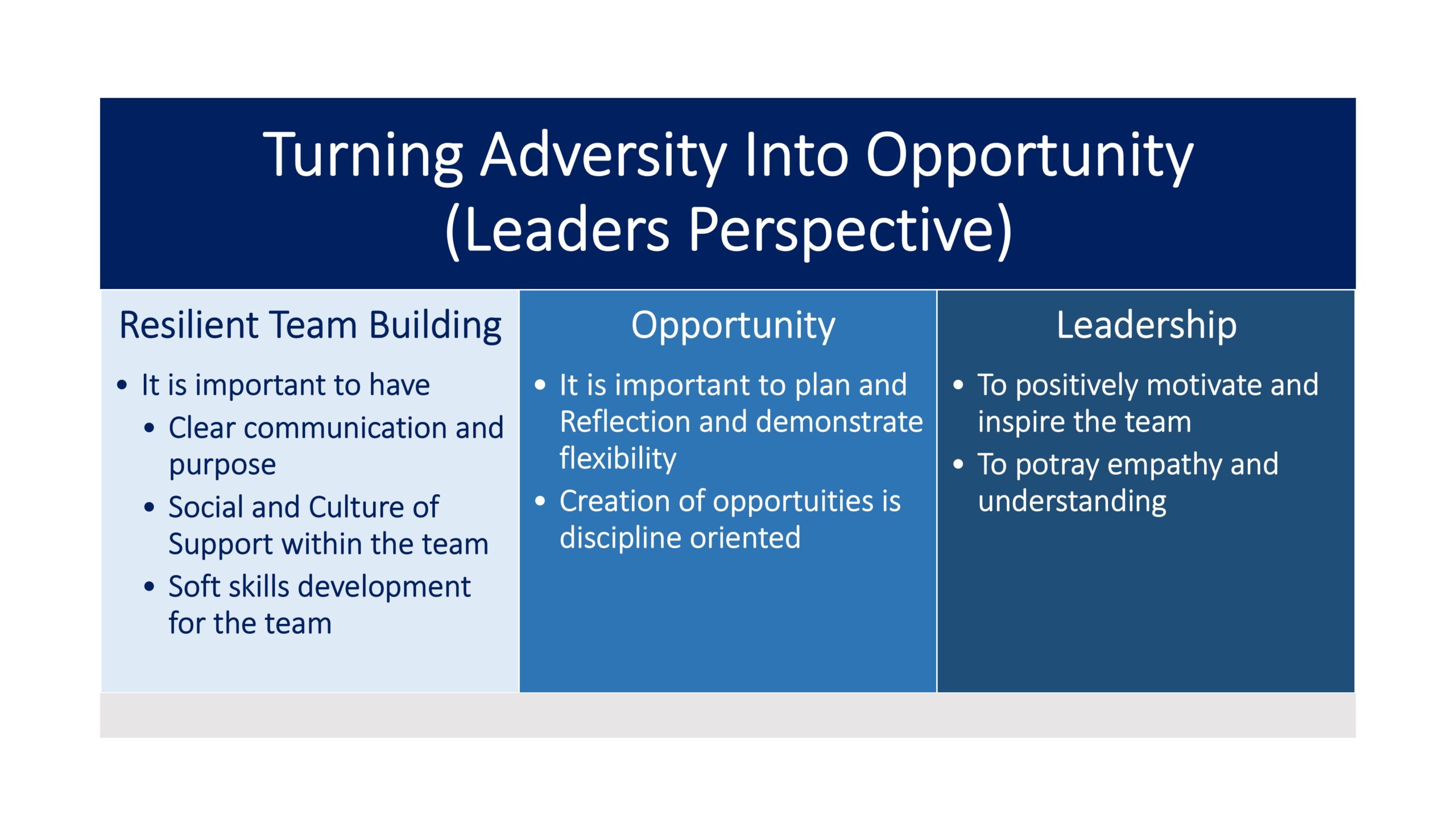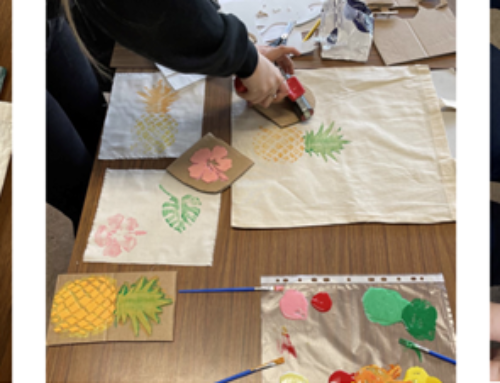In this first of a series of blogs reflecting on previous enhancement themes projects, Gule Saman (Associate Professor) and Hebatallah Shoukry (Assistant Professor) in the School of Engineering and Physical Sciences, share their practice from the Graduate Apprenticeship Programme.
The first COVID-19 lockdown forced a rapid transformation at Heriot-Watt especially on the Graduate Apprenticeship (GA) programmes. The Graduate Apprentices (GA) work 3.5 days a week, attend university one day a week for lectures, and use the equivalent of half a day for university work. The limited time at university and with 80% of assessments being work-based projects, moving all teaching online within 2 weeks of the start of the pandemic posed particular challenges.
What Did We Do? Why Did We Do It?
In response to the Covid19 lockdown, we transitioned to online lectures and adopted Responsive Blended Learning (RBL) to ensure the smooth running of the programme. The aim was to keep students on track with their projects and ensure continuity. The transition was a big change for the students but also had a huge impact on the staff. The aim of this project was to explore how adversity can be turned into opportunity. A survey and interviews were conducted with Programme Directors to explore their strategy for building resilient teams and turning adversity into opportunity. The key questions were:
- How can adversity be turned into opportunity (GA Programme)?
- How can a team be prepared to face adversity?
- What course of action should be taken while facing an adversity?
- How will the team use the opportunity to reflect and learn from the adversity?
- What is the role of social and family support for the team?
- How will the effective use of technology help the team?
- Will the design of a training programme help?
- How can learning from adversity be translated into opportunity?
The study results were presented at the HWU Learning and teaching in an interactive session where the audience was asked similar questions, the responses reinforced the study findings. The findings from our study are summarized in Figure 1.

Figure 1: Summarising the key points from the survey of graduate apprentices
Lessons on building resilient teams
The study findings offer valuable lessons for building resilient teams in challenging situations:
- Clear Communication and Purpose: Establish transparent communication channels and a shared goal helps align team efforts and maintains motivation.
- Social and Cultural Support: Encourage a supportive environment where team members can share their experiences and support each other is crucial.
- Soft Skills Development: Train in soft skills like empathy, teamwork, and leadership can significantly enhance a team’s ability to handle adversity.
- Reflective Practices: Regular reflection sessions enable teams to learn from their experiences and improve their performance.
- Technology Utilization: Effective use of technology can facilitate communication, collaboration, and continuous learning, mitigating the challenges of remote work.
Conclusion
The COVID-19 lockdown presented an opportunity for us to innovate and strengthen our Graduate Apprenticeship programmes. By focusing on resilience, flexibility, and continuous improvement, we successfully navigated the challenges and emerged stronger. If you would like to learn more about our approach or discuss any aspect of our findings, please feel free to contact us Gule Saman (s.gule@hw.ac.uk) and Hebatallah Shoukry (h.shoukry@hw.ac.uk).
Further Reading
- Van der Kleij, R., Molenaar, D., & Schraagen, J. M. (2011). Making Teams More Resilient: Effects of Shared Transformational Leadership Training on Resilience. Proceedings of the Human Factors and Ergonomics Society Annual Meeting, 55(1), pp. 2158–2162.
- Harvard Business Review. (2021). The 4 Things Resilient Teams Do.
- Howard, S., & Johnson, B. (2004). Resilient teachers: Resisting stress and burnout. Social Psychology of Education, 7(4), pp. 399-420
Image credit: Photo by John Schnobrich on Unsplash






